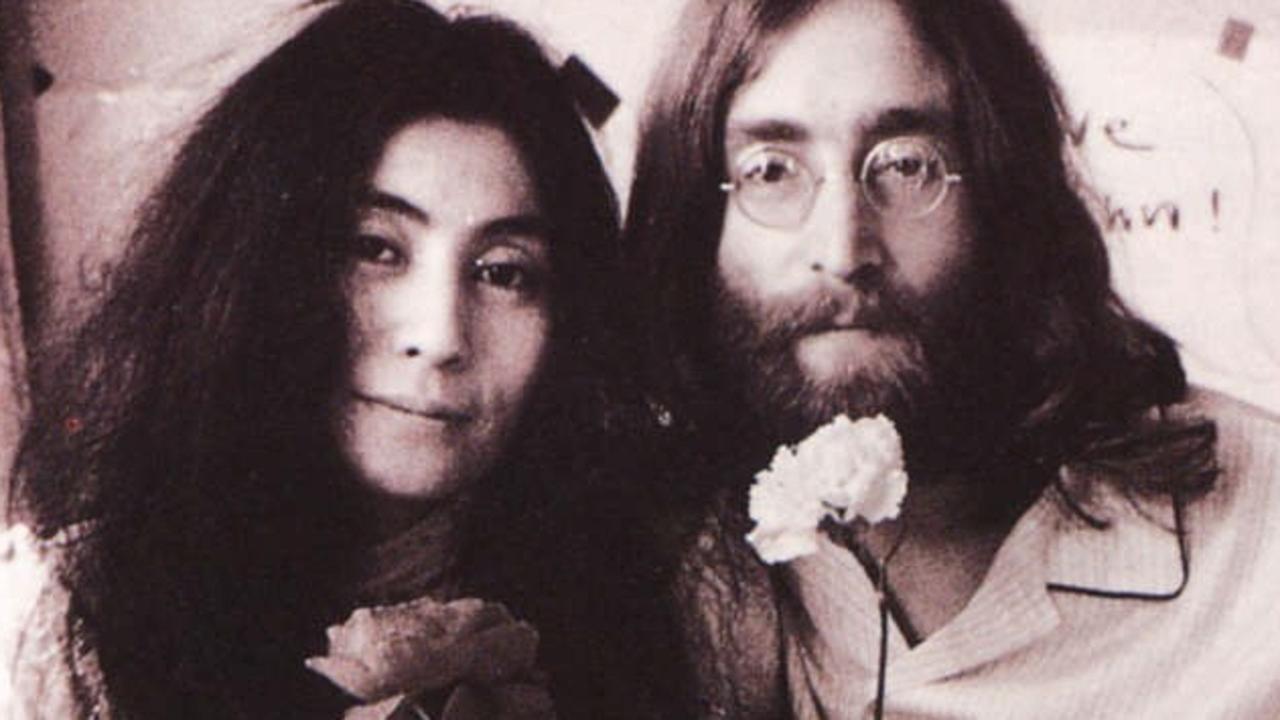Lawyer Craig Caldicott answers: ‘How can you defend someone if you know they’re guilty?’
‘Ding dongs’ with police, guilty clients and slamming the prison service’s ‘rack, pack and stack’ approach to inmates. Here’s the life of a top Australian defence lawyer.
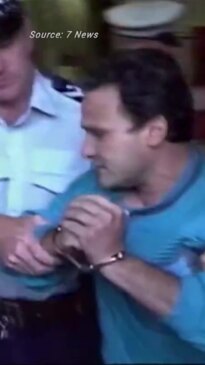
SA Weekend
Don't miss out on the headlines from SA Weekend. Followed categories will be added to My News.
Prominent criminal defence lawyer Craig Caldicott OAM wasn’t sure which career path to take until he was inspired by an unlikely source – a fictional defence lawyer.
I was studying at Brighton High School, and trying to work out what I should do … be a teacher, an economist …
Then I said to myself, ‘Hang on, Perry Mason, looks really interesting’. So I thought I’d go off and study law at The University of Adelaide.
There weren’t many jobs around when I graduated in ‘79, so I decided to go out and practice on my own.
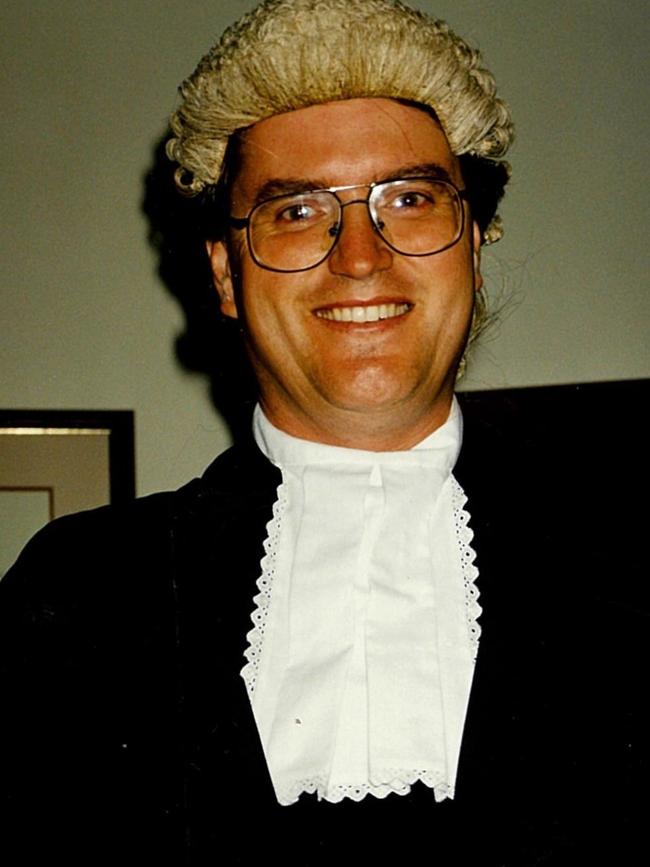

I initially worked out of my mother’s house on the esplanade at Brighton.
My mother, Shirley, was receptionist and I worked out on the kitchen table. After about 18 months, I moved up onto Brighton Rd, but it was the support of my mother that enabled me to do it.
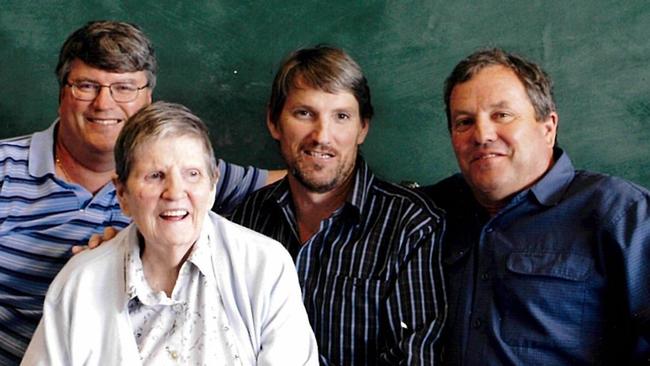
I decided to specialise in criminal law because, one, I was good at it.
Two: I understood the psyche. Some people deliberately do criminal acts, some accidentally do criminal acts and others do stupid acts and there are awful consequences.
Three: I got on very well with clients; half the battle is trying to work them out. If the clients trust you that enables you to help them.
I’ve been involved in a number of what people refer to as ‘high profile’ cases.
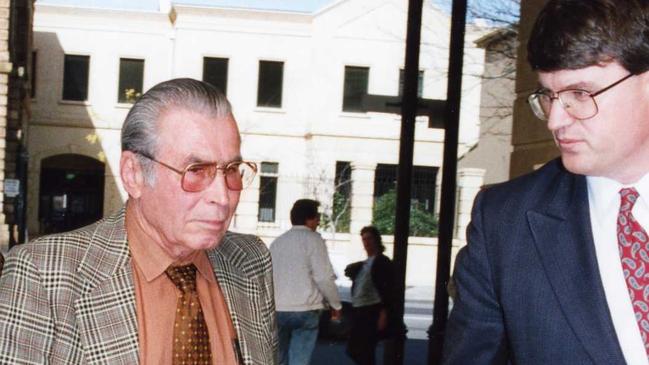
I was instructing solicitor in the Polyukhovich war crimes case in 1993.
That involved us travelling to Ukraine and interviewing witnesses and working out the defence for Mr Polyukhovich.
We learned about what happened during World War II and it was horrific. There’s no other way to describe it, the holocaust.
(Editor’s note:Polyukhovich was eventually acquitted.)
Another high profile case, Ridgeway v The Queen went all the way to the High Court.
It involved the police actively importing heroin for, and on behalf of, my client but it was basically by way of entrapment.
The High Court said that they couldn’t do that. It’s illegal. As a direct result, the laws around Australia changed, so they now have an undercover operations act in every state.
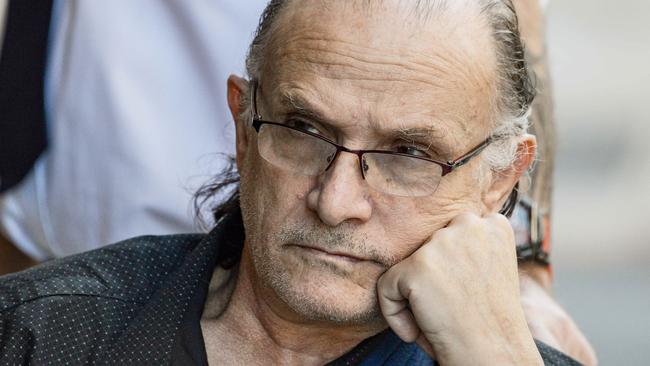
I represented Domenic Perre at the NCA coronial inquest (over 56 days in 1999).
That went for a significant amount of time and we heard all the evidence … I had certain views about the finding, but at that stage, Wendy Abraham QC, who was the Director of Public Prosecutions, declined to prosecute.
Twenty years later, they decided to do something and there was a different verdict, different process … that was an interesting case.
The question I get asked most often is, ‘How can you represent someone if you know they’re guilty?’
I say, ‘Well, I’m bound by my instructions’.
If a client says to me that they’re not guilty, that is what I go forward with.
I might have some robust questioning of them, to see whether they can substantiate it, but, in reality, if they say they’re not guilty, I fight for it on their behalf to the best of my ability.
But, if I see that there’s overwhelming evidence, I also have a duty to try and point all those issues out to the client and say, ‘You have got a bit of a problem here, your fingerprints, your DNA and you were seen at the scene’. It’s a pretty hard case to win from there.
A court case is a bit like walking over a minefield. The distance between the mines is dependent upon how much work you put in. There’s always a way across. I like explaining to clients that we have just got to find that path without stepping on the mines because if we stay on the mines we blow up.
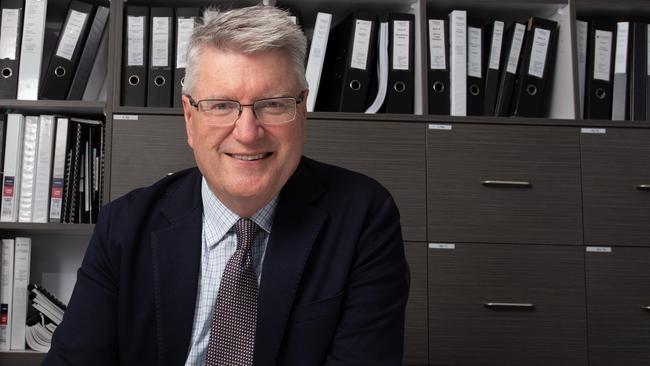
Cases I have the hardest time with are those when there is a young man or woman who has never been in trouble and their whole life is on the line …trying to defend them, where you know that, if found guilty, they’re going to jail for a very long time.
And there have been injustices over the years. (Editor’s note: Such as when an innocent person has been found guilty and jailed.)
It’s very, very rare, but it does happen, and I’ve seen it happen.
I have visited clients in jails around Australia and they vary.
Jail isn’t a very good place for people.
I wish they’d spend a lot more on rehabilitation because the old ethos of ‘rack and pack and stack them’ is just wrong.
We need to work all this out.
While I have ding-dong fights with the police and the DPP, as soon as anyone is in trouble in those organisations I am the person they want to represent them … that’s the way I’m viewed.
I switch off by reading. (Editor’s note: One of Caldicott’s favourite authors is detective and crime novelist Michael Connelly).
I literally, at the moment, read a book a week; anything and everything.
You’ve got to concentrate on the word, so you’ve got to read down … whereas, if you’re just walking or something, thought processes come in all the time: ‘What about this?’, ‘Have I done that?’, ‘What are we missing?’ … all of that.




